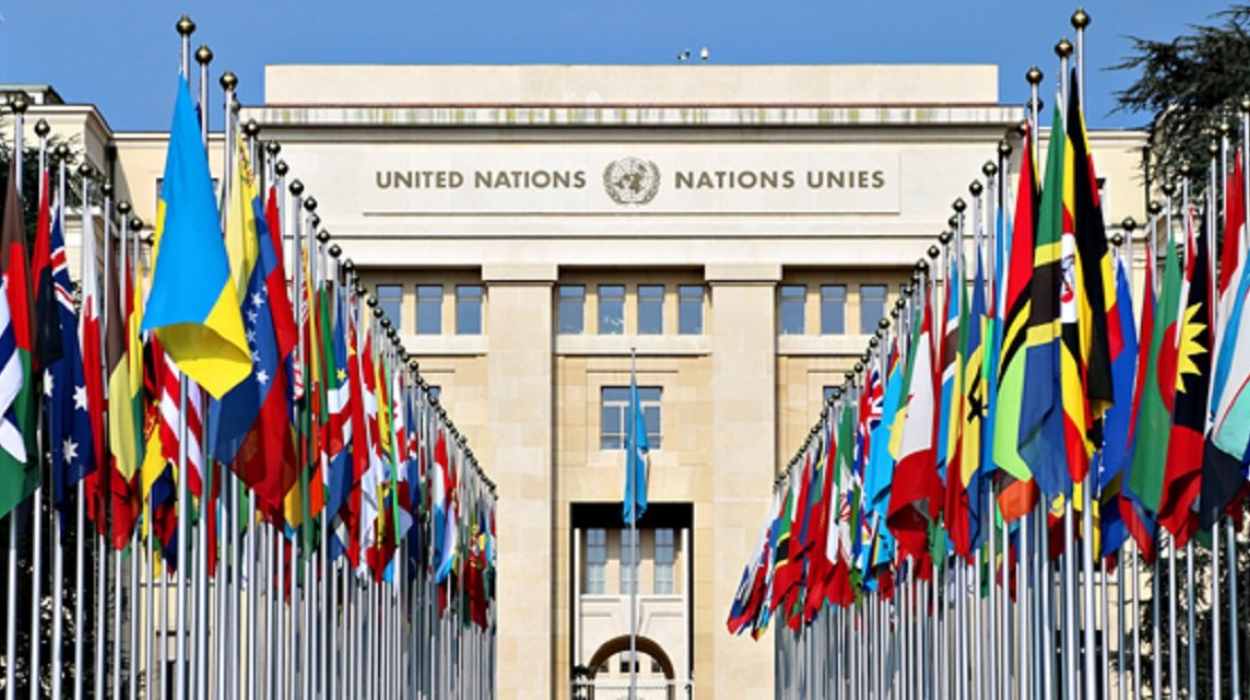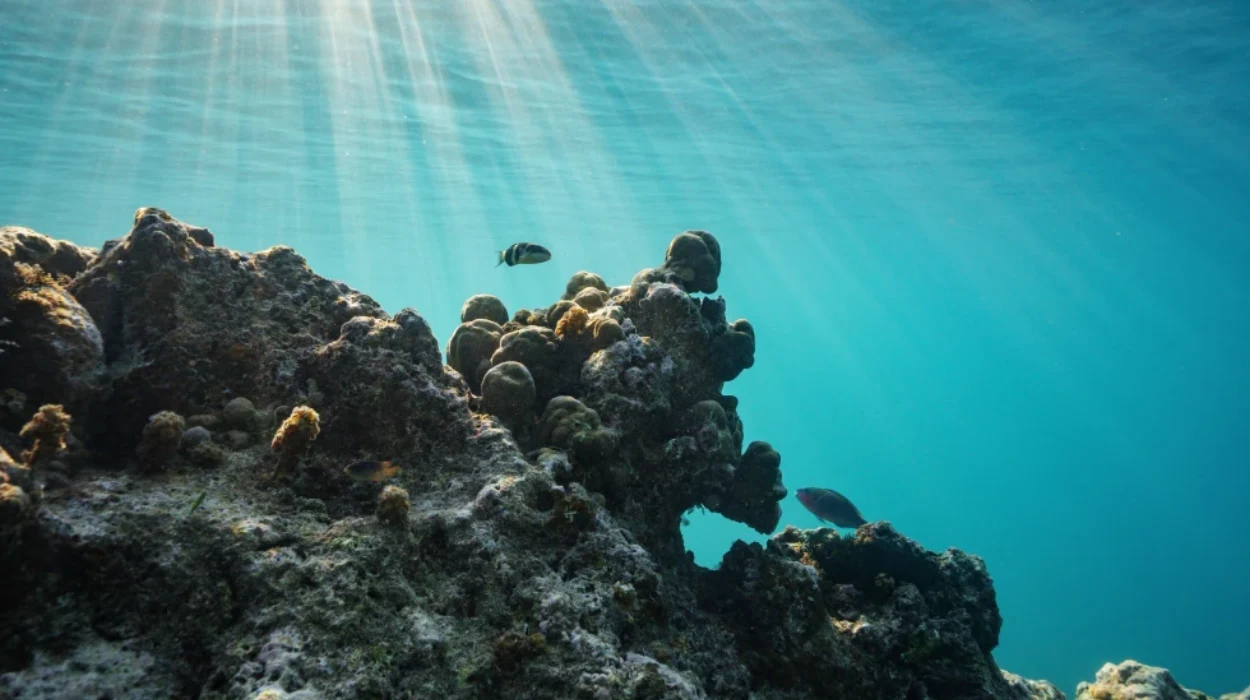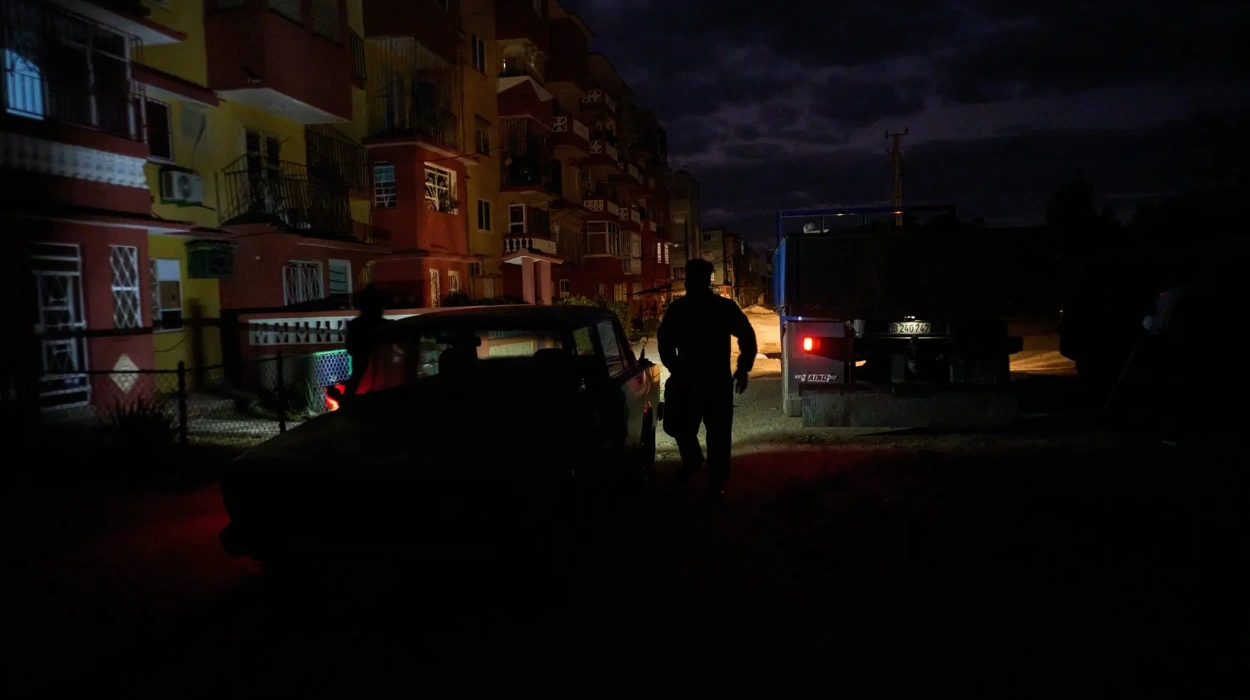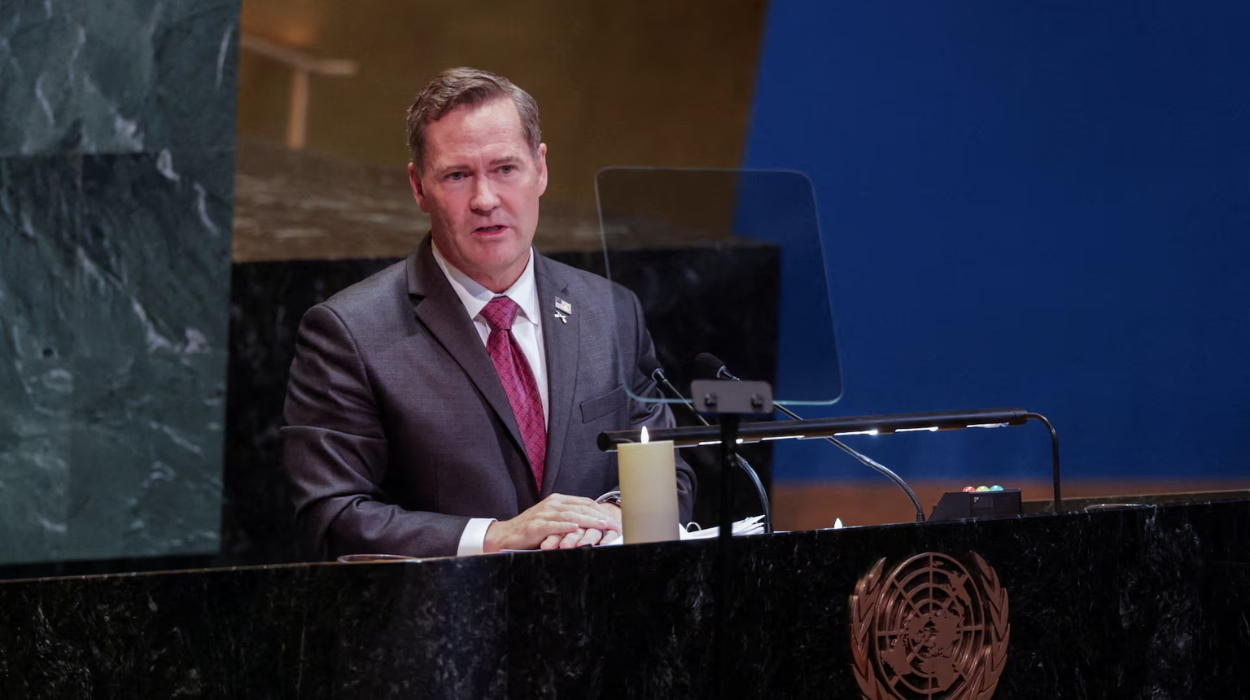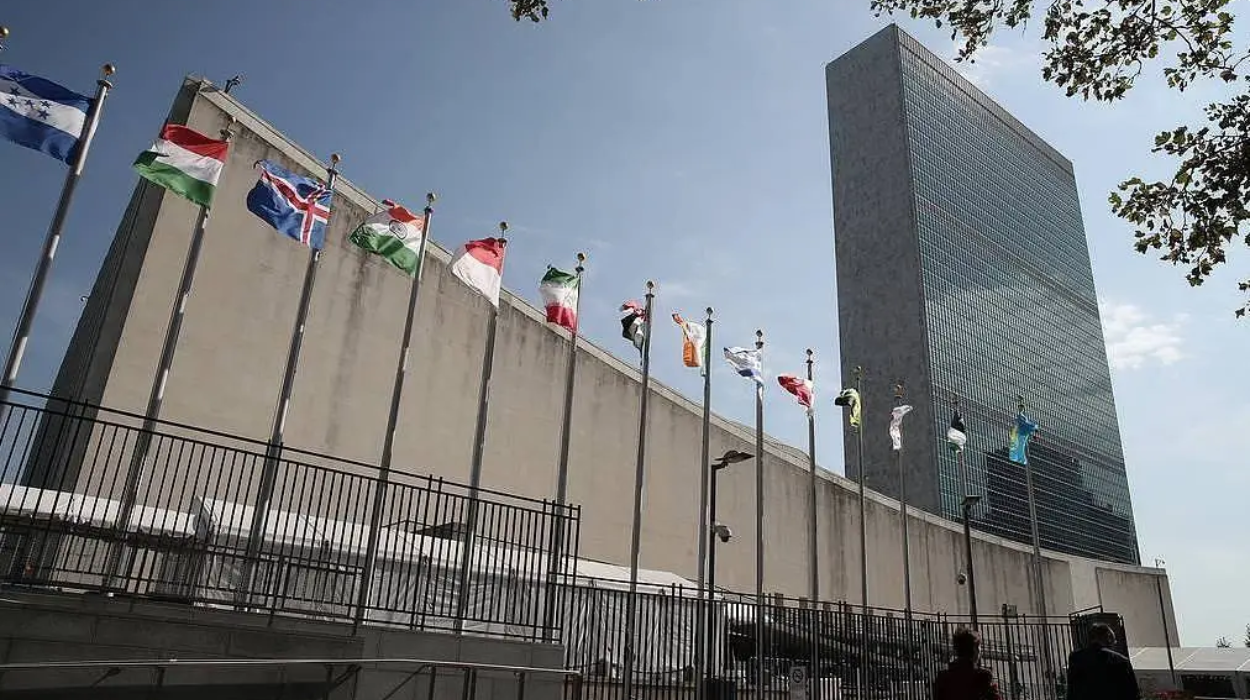The mandate of the UN Special Rapporteur on Eritrea, established in 2012, stands at a critical juncture as the 59th session of the UN Human Rights Council (HRC) convenes in July 2025 to decide its future. This analysis examines the key statements, historical context, current developments, and the broader implications of the Council’s impending vote, highlighting the urgent need for continued international scrutiny of Eritrea’s human rights situation amid the government’s attempts to terminate the mandate.
Calls for accountability
Tigere Chagutah, Amnesty International’s Regional Director for East and Southern Africa, has been unequivocal in her call for the extension of the Special Rapporteur’s mandate. She emphasized that “the Special Rapporteur’s work in Eritrea is far from finished,” urging HRC member states to “address the ongoing human rights violations as well as the lack of accountability for ongoing and past abuses.” Chagutah condemned Eritrea’s counter-resolution, describing it as “a cynical attempt to undermine the UN human rights system” and called on member states to reject this “show of open defiance” against the Council’s mechanisms.
Similarly, Mohamed Abdelsalam Babiker, the UN Special Rapporteur on Eritrea, highlighted in his June 16, 2025 address that
“nearly a decade has passed since the Commission of Inquiry on Human Rights in Eritrea concluded that crimes against humanity may have been committed in a context of widespread and systematic human rights violations. Yet, no meaningful progress has been made toward accountability.”
His statement underscores the persistent impunity and the urgent need for sustained international oversight.
Human Rights Watch has further documented Eritrea’s ongoing refusal to cooperate with the Special Rapporteur, noting the government’s systematic blocking of access, disregard for recommendations, and maintenance of abusive policies such as indefinite national service and harsh punishment of draft evaders.
Historical Background and Evolution of the Mandate
The mandate of the UN Special Rapporteur on Eritrea was established by the Human Rights Council (HRC) in 2012 in response to mounting international concern over the country’s severe and widespread human rights abuses. Eritrea’s record had long been criticized for systematic violations, including arbitrary detention, enforced disappearances, indefinite national service, and suppression of freedoms. Recognizing the gravity and persistence of these abuses, the HRC created the mandate to monitor, investigate, and report on the human rights situation in Eritrea, aiming to promote accountability and encourage reform.
To strengthen this effort, the HRC also established a two-year Commission of Inquiry on Human Rights in Eritrea, which operated from 2014 to 2016. The Commission’s findings were damning: it concluded there were “reasonable grounds to believe” that crimes against humanity had been committed in Eritrea since its independence in 1991. The report detailed systematic and widespread violations, including torture, sexual violence, forced labor, and extrajudicial killings, perpetrated by state authorities. This landmark inquiry underscored the urgent need for sustained international scrutiny and action.
From the mandate’s inception in 2012 until 2019, the resolutions renewing and maintaining the Special Rapporteur’s mandate were primarily led by Djibouti and Somalia, countries within the Horn of Africa region that shared concerns about Eritrea’s human rights situation. Their leadership reflected regional solidarity and recognition of the destabilizing effects Eritrea’s policies had on neighboring states.
Since 2019, the European Union and a coalition of like-minded states have taken over sponsorship of the resolutions. While this shift brought broader international engagement, recent resolutions have faced criticism for being largely procedural and lacking the robust language necessary to address the ongoing severity of violations. Critics argue that these resolutions often fail to hold Eritrea adequately accountable or to push for meaningful change, allowing the government to continue its repressive practices with limited consequences.
The Special Rapporteur’s mandate encompasses several core responsibilities: monitoring and documenting human rights abuses, advocating for justice and accountability, and pressing Eritrea to cooperate fully with the UN, including granting access to the country. However, Eritrea has consistently refused to engage with the Special Rapporteur, denying access and ignoring calls for reform. This persistent non-cooperation severely hampers the mandate’s effectiveness, leaving many abuses unaddressed and victims without recourse.
Despite these challenges, the mandate remains a crucial mechanism for shining a light on Eritrea’s human rights situation and maintaining international pressure. The upcoming vote at the HRC to extend or terminate the mandate will be a defining moment for the future of human rights monitoring in Eritrea and the broader struggle for accountability in the region.
Current Developments: Eritrea’s Counter-Resolution and Defiance
In a bold move, Eritrea has submitted a counter-resolution to the HRC seeking to terminate the Special Rapporteur’s mandate. This initiative, tabled as the first item on the agenda for the 59th session, is widely viewed by human rights advocates as an attempt to evade scrutiny and accountability. The government’s arguments—that the mandate has no impact and that the Special Rapporteur serves the interests of states hostile to Eritrea—have been dismissed by observers as disingenuous, given Eritrea’s own obstructionist behavior.
Eritrea’s government has maintained a track record of severe human rights abuses, including arbitrary arrests, enforced disappearances, torture, indefinite conscription, suppression of freedoms, and extraterritorial attacks. The country ranks last (180th of 180) in the 2025 Reporters Without Borders’ World Press Freedom Index, reflecting extreme restrictions on media and expression.
The regional context adds urgency to the Council’s scrutiny. Rising tensions in the Horn of Africa raise the risk of armed conflict, making the monitoring of Eritrea’s human rights situation critical for conflict prevention and regional stability.
Recommendations and the Path Forward
Human rights groups and civil society organizations have issued strong calls for the HRC to:
Extend the Special Rapporteur’s mandate decisively, moving beyond procedural renewals to explicitly condemn ongoing abuses.
Demand Eritrea’s full cooperation, including granting access to the country and engagement with UN mechanisms.
Request comprehensive reports from the Special Rapporteur assessing the evolution of Eritrea’s human rights situation and exploring accountability measures, especially as the decade since the Commission of Inquiry’s findings approaches.
Enhance interactive dialogues with civil society to ensure the voices of victims and survivors inform the Council’s work.
Civil society warns that any vote to terminate the mandate would set a dangerous precedent, potentially emboldening other states with poor human rights records, such as Nicaragua, Russia, or Sudan, to seek similar exemptions from scrutiny.
Human rights council decision
The decision before the UN Human Rights Council in July 2025 is pivotal. Extending the Special Rapporteur’s mandate is essential to uphold international human rights norms, provide a lifeline to victims, and maintain pressure on Eritrea to reform. Eritrea’s attempt to end the mandate reflects a broader challenge to multilateral accountability mechanisms. The Council’s response will signal the international community’s commitment to justice and human rights in one of Africa’s most repressive states.
To preserve the integrity of the UN human rights system and deter future attempts to evade scrutiny, member states must overwhelmingly reject Eritrea’s counter-resolution and affirm the Special Rapporteur’s mandate. Meaningful change in Eritrea requires sustained international attention, accountability, and the government’s genuine cooperation with the UN and human rights bodies.


